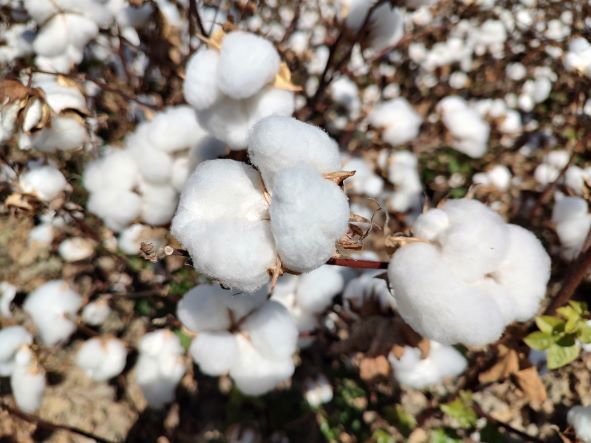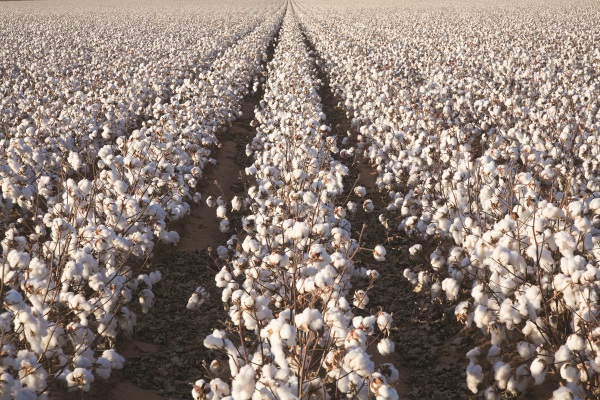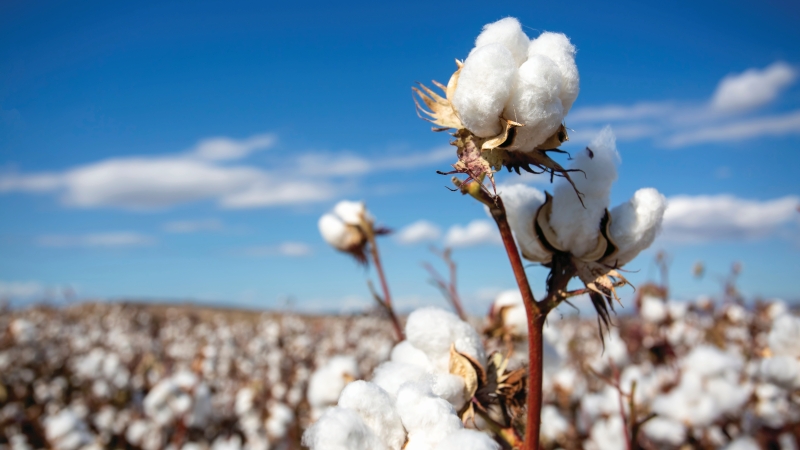Consumers Will Have to Accept Higher Textile Prices
Globalization of textile production and the cotton trade continues, and last year, a new element of the puzzle appeared: a shortage of cotton and an unprecedented rise in prices. So far, the supply chain has tried to absorb the increase, but that can’t last forever. Soon, consumers who have grown accustomed to cheap textile imports from China, India and Pakistan will have to accept higher prices–and that won’t be a temporary change. In addition, expanding cotton acreage dramatically simply isn’t possible, and greater yields do not compensate for growing demand.
Meanwhile, the number of new consumers, mainly in Asia, is growing fast. It is an uncomfortable situation for textile industries everywhere, but moreso in countries that don’t produce cotton. Cotton supplies became a problem as the biggest cotton producing and exporting countries–the majority of which are also global textile and apparel exporters–more and more efficiently absorb the raw material into their own markets.
Developed countries (Western Europe, the United States) have been taking part in the changes for much longer than Central and Eastern European countries, which is why they are less prepared for the inevitable change of market principles.
Fair competition: Is it a voice crying out from the wilderness?
Lack of raw material supplies and recipients’ discrimination are the problems most often faced by importers of cotton and its half-finished products. The situation is made worse by the fact that many countries ignore the fair rules and principles of trade.
How would the European or American companies, which observe law and standards of environmental protection, compete with entrepreneurs from states that neglect those rules? The path of leveling the competition is both unification and real observance of procedures and standards at each stage of the turnover.
The Gdynia Cotton Association (GCA) believes that:
• It should support the adoption of one global (universal) set of rules.
• The trade requires cotton quality evaluation. GCA actively participates in the works of the International Cotton Advisory Committee’s Task Force on Commercial Standardization of Instrument Testing of Cotton.
• Its objective is to make companies operating in the cotton sector understand proper procedures, including the amicable settlement of disputes.
Cotton promotion is still needed, maybe more than ever. As the Chairman of the International Forum for Cotton Promotion (IFCP), I would like you to pay attention to IFCP’s efforts to fight the negative perception of cotton. The activities of the IFCP–and in my opinion, of the GCA and other cotton organizations–should focus on the promotion of all cottons, independent of how and where it’s grown. Each type has its own virtues, which should be honestly and reliably presented to consumers.








